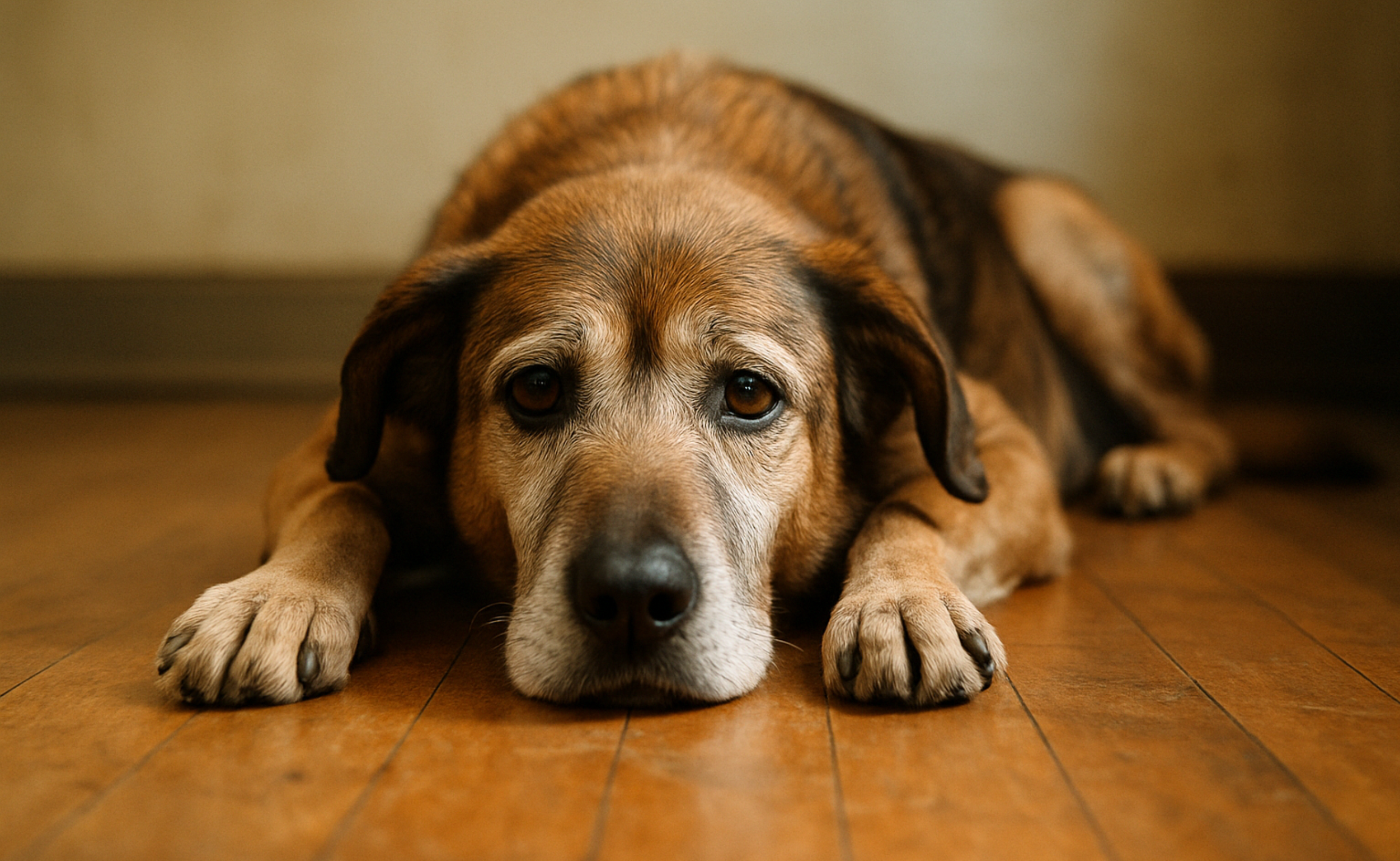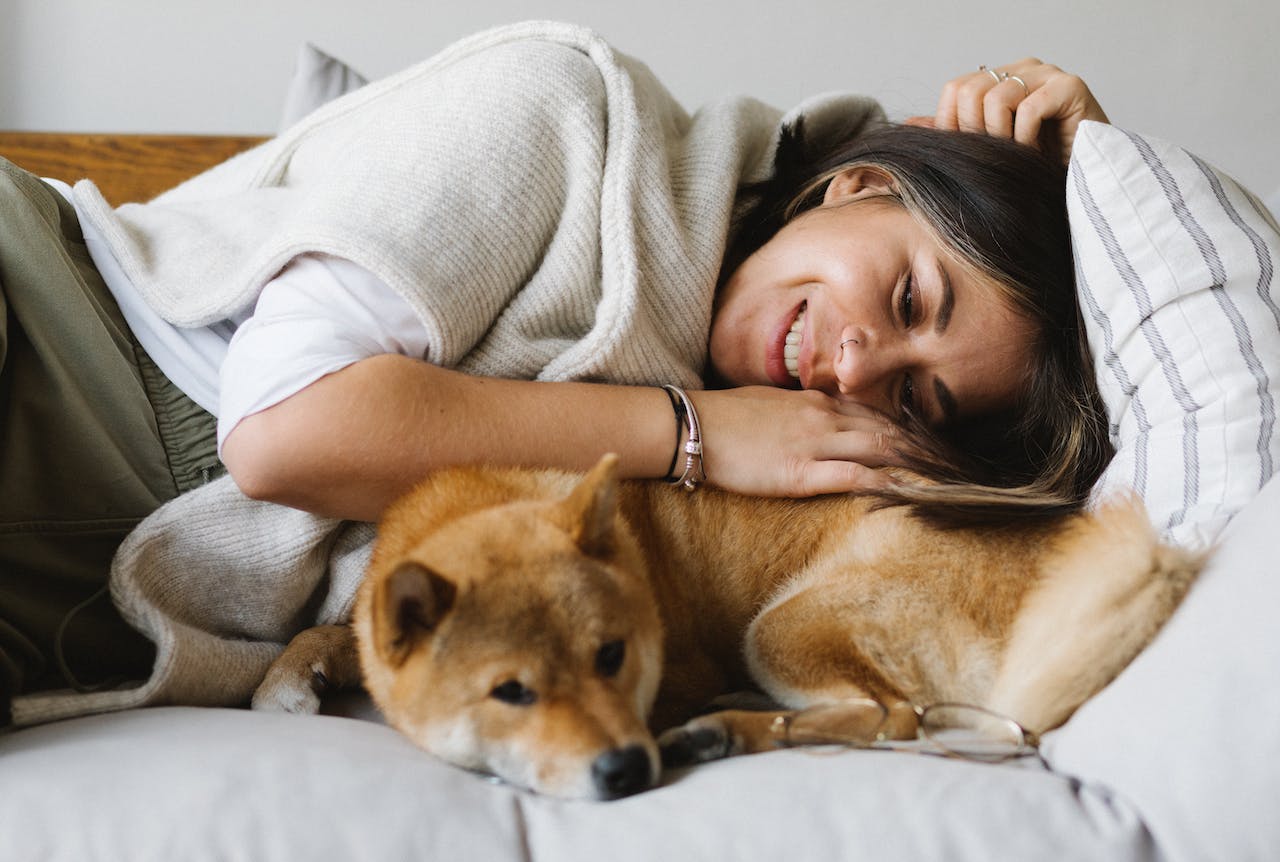Bedtime Basics: Training Your Dog to Sleep Right

Training your dog to sleep properly is essential for their health and well-being. By understanding your dog's sleep needs, implementing effective training techniques, and promoting healthy habits, you can ensure restful nights for both you and your furry companion.
Key Takeaways
- Create a comfortable sleeping environment to promote better sleep.
- Establish a bedtime routine to help your dog wind down and prepare for sleep.
- Use positive reinforcement methods to encourage desired sleep behaviors.
- Address any sleep disturbances promptly to prevent long-term issues.
- Provide regular exercise, mental stimulation, and a balanced diet to support your dog's overall sleep quality.
Understanding Your Dog's Sleep Needs
Creating a Comfortable Sleeping Environment
Ensuring your dog has a comfortable place to sleep is crucial for a good night's rest. Start by choosing a quiet area of your home where your dog can relax without disturbances. A cozy bed is essential, and you might consider adding a blanket that smells like you to provide comfort.
Here are some tips to enhance your dog's sleeping environment:
- Select a bed that suits your dog's size and sleeping style.
- Place the bed in a location that's free from drafts and not too close to high traffic areas.
- Consider using suitable melodies to create a calming atmosphere.
- Crate training can also be beneficial, as it provides a safe and secure space for your dog.
Remember, avoiding loud noises and too much activity around your dog's sleeping area is important to prevent sleep disturbances.
You may also like: Top Dog Breeds That Love to Sleep A Lot
Establishing a Bedtime Routine
Just like humans, dogs thrive on consistency, and a bedtime routine can signal to your dog that it's time to wind down and go to sleep. Start by choosing a specific time each night for bed, which helps set your dog's internal clock. Follow these steps to create a routine that suits both you and your pet:
- Last call outside: Ensure your dog has the opportunity to relieve themselves right before bed, reducing the chances of nighttime accidents.
- Quiet time: Dim the lights and reduce noise to help your dog understand that playtime is over.
- Comforting cuddle: Spend a few minutes cuddling or gently petting your dog to help them feel secure and loved.
Remember, patience is key when establishing a new routine. It might take a few weeks for your dog to adjust, but with consistency, they'll soon look forward to their bedtime ritual.
If you're looking for additional resources or products to aid in this process, many pet owners find value in exploring the latest in-home products or reading a helpful blog for tips. And if you ever need assistance, don't hesitate to reach out to customer service for guidance.
Training Techniques for Better Sleep
Positive Reinforcement Methods
Positive reinforcement is a powerful tool when training your dog to sleep through the night. Reward your dog for calm behavior and for staying in their bed or crate. This can include treats, praise, or a favorite toy. The key is to make bedtime a positive experience.
- Start with short periods of time and gradually increase as your dog becomes more comfortable.
- Consistency is crucial; reward the same behaviors every night.
- If your dog wakes up and leaves their bed, calmly guide them back without scolding.
Remember, patience is essential. It may take time for your dog to adjust, but with persistent positive reinforcement, they will begin to associate their sleeping area with safety and comfort, much like the approach suggested in the Dogo App's article on crate training.
Addressing Sleep Disturbances
When your dog's sleep is frequently interrupted, it can lead to a host of issues, both for your pet and for your own rest. Identifying the cause of sleep disturbances is the first step to addressing them. Common culprits include environmental noise, discomfort, or even health-related issues.
- Start by examining the sleeping environment for any potential disruptions, such as a drafty window or a noisy appliance.
- Consider if your dog's bed is comfortable enough or if it might be time for a crate kit upgrade with better cushioning and cleaning instructions.
- Pay attention to your dog's behavior before bedtime; excessive energy can contribute to restlessness.
If environmental factors are not to blame, consult with your veterinarian to rule out or treat any underlying health conditions. Remember, a good night's sleep is crucial for your dog's overall well-being, so don't hesitate to seek professional advice if sleep issues persist.
Healthy Habits for Restful Nights
Exercise and Mental Stimulation
Just like humans, dogs require not only physical exercise but also mental stimulation to lead a balanced and happy life. A well-exercised dog is more likely to have a restful night's sleep. Here are some ways to ensure your dog gets enough mental exercise before bedtime:
- Puzzle toys that challenge them to think and problem-solve.
- Training sessions that teach new tricks or reinforce old ones.
- Interactive games like hide-and-seek or fetch that engage their minds as well as their bodies.
Incorporating these activities into your dog's daily routine can prevent the common issues associated with under-stimulation, such as digging, excessive barking, and unwanted chewing. Remember, a mentally tired dog is a good sleeper.
Diet and Sleep Quality
The link between what your dog eats and how well they sleep might be stronger than you think. A balanced diet is crucial not only for your dog's overall health but also for their sleep quality. Just like in humans, the food your dog consumes before bedtime can significantly affect their ability to fall and stay asleep.
- Avoid heavy meals close to bedtime, since it can cause discomfort and disrupt sleep.
- Incorporate foods that are known to promote sleep, such as those containing tryptophan, a sleep-inducing amino acid.
- Ensure fresh water is available, but limit it before bedtime to reduce nighttime bathroom breaks.
Monitoring and adjusting your dog's diet can lead to better sleep patterns. Remember, a well-rested dog is a happy and healthy dog.
Avoiding Common Sleep Mistakes
Ensuring your dog has restful nights is as much about avoiding missteps as it is about following the right practices. Avoiding common sleep mistakes can make a significant difference in how well your dog sleeps. Here are some pitfalls to steer clear of:
- Inconsistency with bedtime: Dogs thrive on routine. Changing your dog's bedtime frequently can lead to confusion and restlessness.
- Overstimulation before bed: Engaging in high-energy activities right before bedtime can leave your dog too excited to sleep.
- Neglecting bathroom breaks: Always remember to let your dog out for a bathroom break before bed to prevent midnight accidents.
Remember, while it's tempting to bend the rules occasionally, consistency is key to a well-trained, well-rested pet. By sidestepping these common errors, you're on the path to ensuring your dog enjoys peaceful, uninterrupted sleep every night.
Bottom Line
In conclusion, training your dog to sleep right is essential for their overall well-being and your peace of mind. By following the bedtime basics outlined in this article, you can establish a healthy sleep routine for your furry friend. Remember, consistency and patience are key when it comes to teaching your dog good sleep habits. With time and effort, you and your dog can enjoy restful nights and a stronger bond.
Share this article
written by



